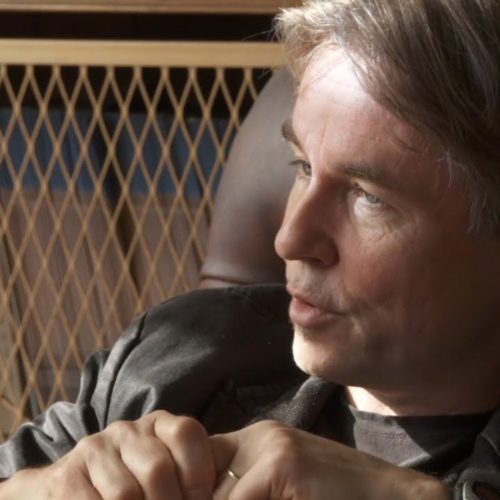Bohuslav Martinu’s double concerto for two string orchestras. Why don’t today’s composers double up?
Martinu even had two dogs.
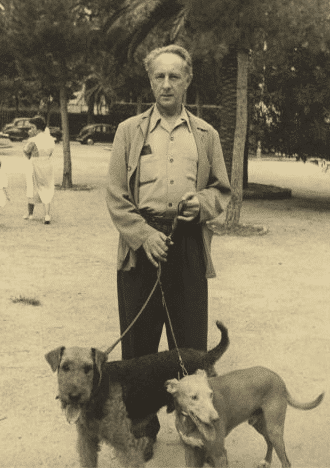
Bohuslav Martinu’s double concerto for two string orchestras. Why don’t today’s composers double up?
Martinu even had two dogs.

The London Symphony Orchestra has announced the death today of its former principal double bass, Rinat Ibragimov.
Rinat, who was 60, suffered a stroke six years ago and was unable to play since.
Raised in Moscow, he was principal at the Bolshoi before joining the LSO in 1995.
He is survived by his wife Lutsia, son Timur and daughter, the violinist Alina Ibragimova.

This empty season is not just ill-conceived. It’s also out of luck.
Alina Ibragimova has pulled out of tomorrow’s show with Nicola Benedetti and the Orchestra of the Age of Enlightenment due to the death of her father. We send the family our sympathies.
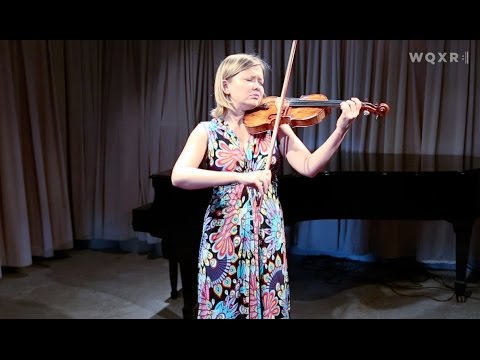
Nicola will now appear in two Vivaldi concertos and one by Bach with violinists from the OAE: Kati Debretzeni, Rodolfo Richter, and Matthew Truscott.
The public broadcaster has capitaluated to public opinion and political pressure, allowing several BBC Singers into the Last Night to deliver the allegedly objectionable words of Britain’s second-favourite anthem. The words had been denounced by ‘woke’ campaigners and upheld by traditionalists.
Here’s what today’s statement says:
The pandemic means a different Proms this year and one of the consequences, under COVID-19 restrictions, is we are not able to bring together massed voices. For that reason we took the artistic decision not to sing Rule, Britannia! and Land of Hope and Glory in the Hall.
We have been looking hard at what else might be possible and we have a solution. Both pieces will now include a select group of BBC Singers. This means the words will be sung in the Hall, and as we have always made clear, audiences will be free to sing along at home. While it can’t be a full choir, and we are unable to have audiences in the Hall, we are doing everything possible to make it special and want a Last Night truly to remember.
We hope everyone will welcome this solution.
This may be the most weaselly piece of equivocation ever to emerge from the BBC. If it was ‘an artistic decision’ not to sing the anthem, why betray an artistic principle in the face of public protest? And if it was a mistaken decision, why not come clean? And what of the conductor who objected to the words: will she conduct them through gritted teeth?
What a mess.
I suspect the turnaround was ordered by the new D-G Tim Davie, but I don’t yet have the proof. At any event, even the job-clinging bureaucrats in charge of BBC Music must realise that not ‘everyone will welcome this solution’.
It’s shameless.
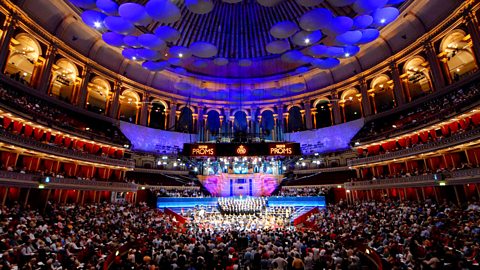
Let’s have a little shout-out for the ones who defied the odds and kept the music live and connected, the ones who justified their jobs with a display of creative ingenuity. Here goes:
1 Helga Rabl-Stadler and Markus Hinterhäuser at the Salzburg Festival
Managed two operas and full concert programme without casualties
2 Antonio Moral
Had the summer’s best piano festival in Granada, Spain
3 Roger Wright at Britten-Pears Arts
First off the UK mark with an audience-open festival
4 John Gilhooly at London’s Wigmore Hall
Kept up programming ‘with or without audience’
5 Tomer Zvulun at Atlanta Opera
Taking his shows around town in a Big Tent
6 Teatro Comunale of Bologna
Moved into a basketball drome
7 Stuart Murphy at English National Opera
Pioneered drive-in opera
8 Ostrava Philharmonic, Czech Rep.
First in Europe with an audience
9 Teatro Real, Madrid, for a genuinely reimagined La Traviata
10 Arena di Verona
(pictured)
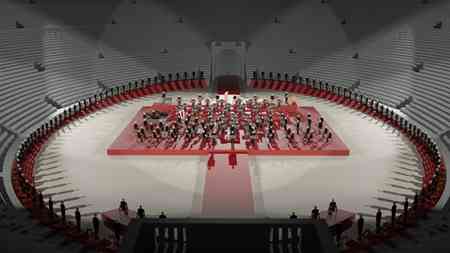
Who have we forgotten?
11 Cameron Carpenter, who drove his organ around Berlin care homes
12 Festival della Valle d’Itria
In Martina Franca, Italy, opened mid-July with “Bürger als Edelmann”, followed by the original version of “Ariadne auf Naxos.
13 Paavo Järvi
Kept up his Festival in Pärnu, Estonia
14 The Fidelio Cafe Clerkenwell Road London, star recitals
15 Fabio Luisi
Made Opernhaus Zürich re-open for the last two weeks of July
16 Igor Levit
Streamed Beethoven sonatas from home
17 Schubertiada de Vilabertran,in Spain
Managed to present Matthias Goerne, Juliane Banse, Florian Boesch, Andrè Schuen, Wolfram Rieger and Cuarteto Casals
18 Finnish Radio
Among the first to give concerts with live audience
19 Deutsche Oper Berlin
Playing Das Rheingold on the roof
Last-minute programme addition:
The BBC Proms are delighted to announce that London jazz group KOKOROKO will be making their Proms debut live at the Royal Albert Hall on Monday 7 September.
The 8-piece group, led by Sheila Maurice-Grey, have previously appeared at Glastonbury, 6 Music Festival, and jazz festivals around the globe. Drawing from Afrobeat, highlife and jazz influences, they celebrate West African music greats, and pay tribute to the unique music culture they grew up in. Percussionist Onome Edgeworth says “We love this music and want other people to love it the way we do”.
KOKOROKO will perform some of their most popular works, including Carry Me Home, Baba Ayoola, Age of Ascent, Uman, Ti-De and Abusey Junction.
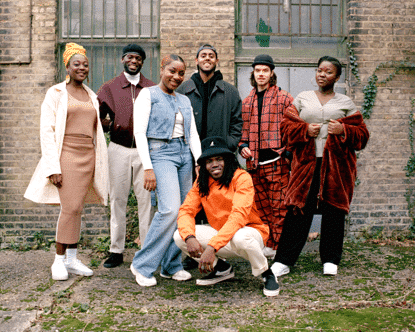
Copenhagen’s Jazzhus Montmartre club, home to all the jazz greats since 1959, has been liquidated by Covid. All staff have been fired.
The tiny club, with just 85 seats, could not manage on revenue from 35 tickets, its last manager said.
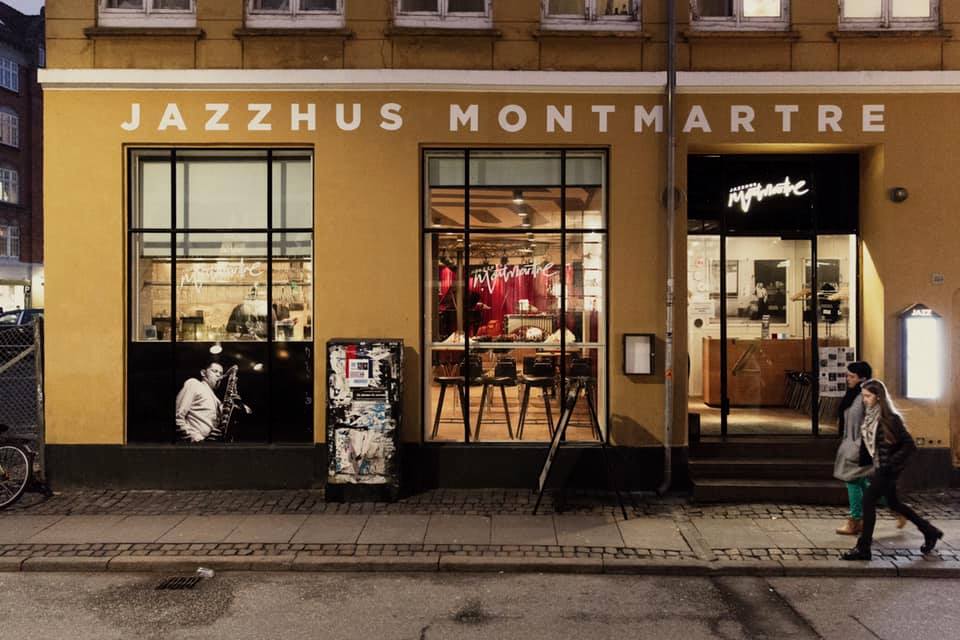
This was the opening concert at Hamburg’s Elbphilharmonie last night, conducted by Alan Gilbert.
Deeply moving in many unexpected ways.
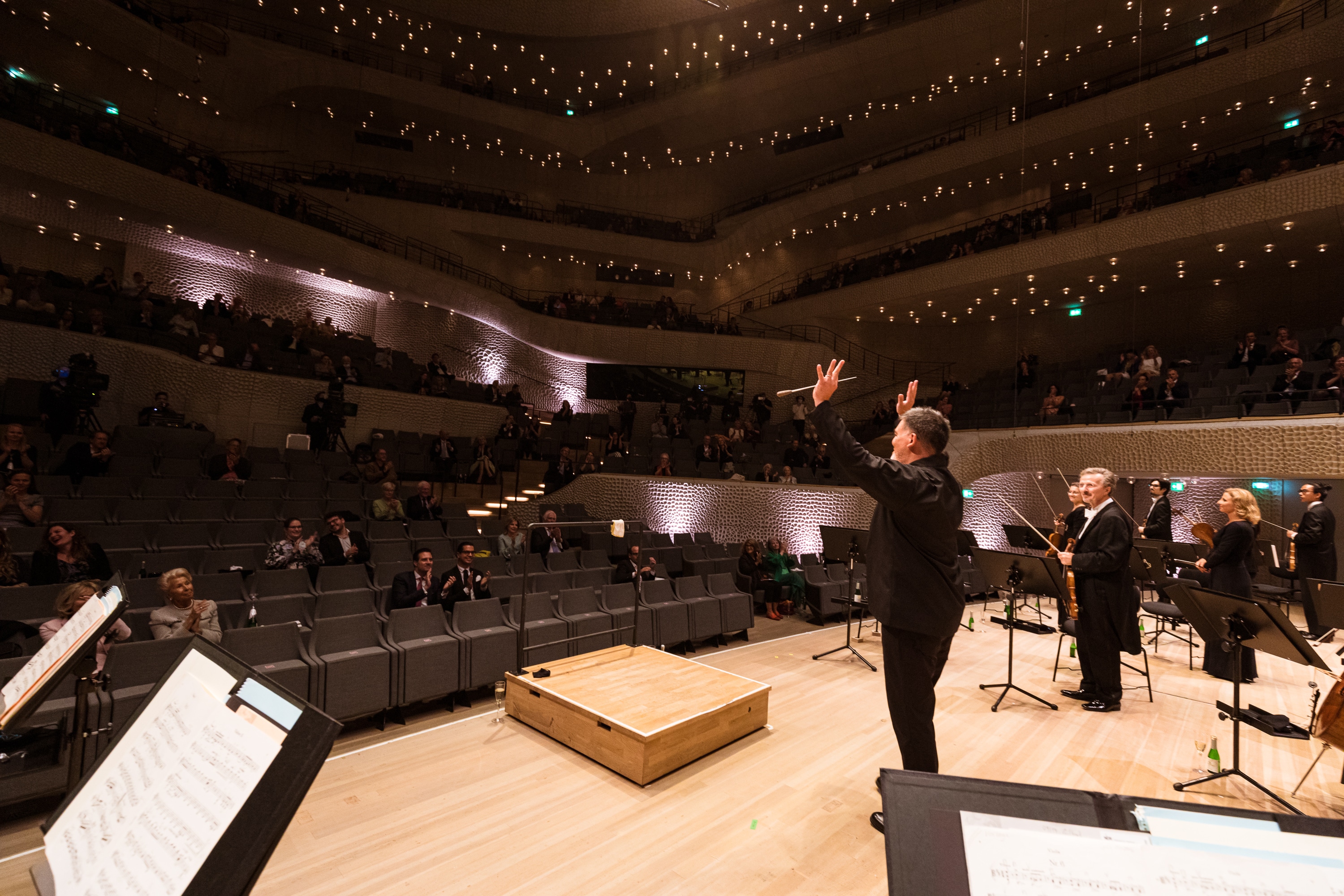
The Glenn Gould Foundation mourns the passing of Verne Edquist, Glenn Gould’s long-time piano technician.
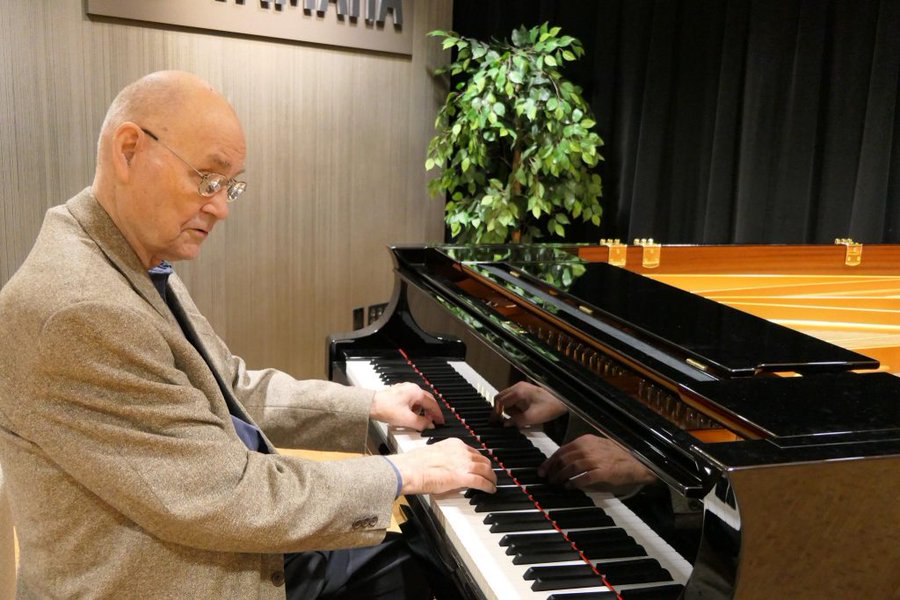
Born blind in Saskatchewan, Verne received vocational training at the Ontario School for the Blind and started work as a teenager in Toronto piano factories.
He tuned pianos for Gina Bachauer, Emil Gilels and Victor Borge, but turned down Gould at first because Gould was notorious for firing his Steinway technicians and tuners. Eventually they worked together as friends for 20 years.
Robert Meyer has been told by the Secretary of State for Culture Andrea Mayer (Green) that he won’t be renewed.
Meyer, 66, like Dominique Meyer at the Staatsoper, is the victim of never-ending Austrian political intrigue.
No successor has yet been nominated.
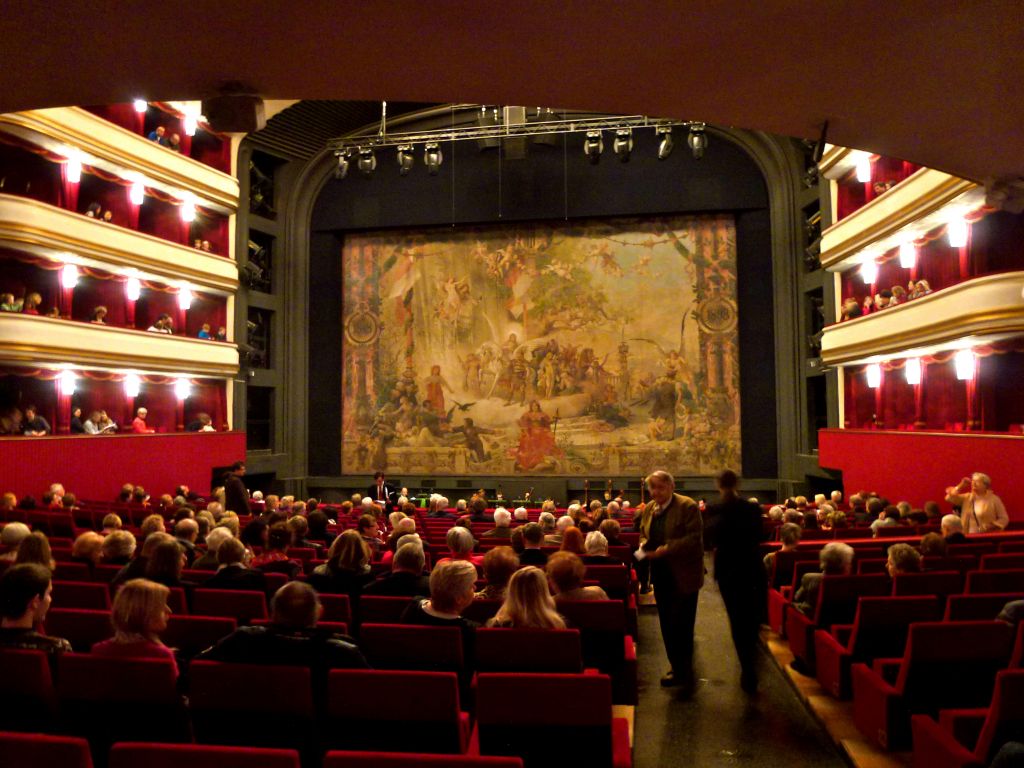
In a truncated season of two weeks, the drop-out rate has never been higher.
Tonight, Omer Meir Wellber has called in sick. John Storgårds replaces him with the BBC Philharmonic and tenor Allan Clayton at Salford Quays in Salford.
On Saturday, Thomas Dausgaard ‘is no longer able to appear with the BBC Scottish Symphony Orchestra due to travel difficulties. Alpesh Chauhan takes over with the BBC Scottish Symphony Orchestra at City Halls in Glasgow.
Next Wednesday, Esa-Pekka Salonen won’t be coming ‘due to the recent extension of COVID-19 quarantine restrictions in Finland.’ His replacement with the Philharmonia Orchestra is Paavo Järvi, who was last seen conducting in Zurich. If Paavo flies in from Switzerland, he will be slapped with a 14-day quarantine notice.
Could it be that maestros won’t go the extra mile to appear in an empty hall?
